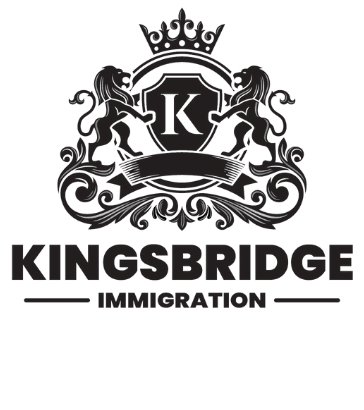
Canada offers two primary pathways to permanent residency: the Express Entry Program (EE) and the Provincial Nominee Program (PNP). Understanding their differences is crucial to determining which option best suits your profile and immigration goals.
Express Entry Program: The Express Entry Program is an online points-based system that manages applications for three federal economic immigration programs:
1.Federal Skilled Worker Program (FSWP)
2. Federal Skilled Trades Program (FSTP)
3.Canadian Experience Class (CEC)
Express Entry evaluates candidates using the Comprehensive Ranking System (CRS), which awards points for age, education, work experience, language skills, and other factors. Top-ranked candidates receive an Invitation to Apply (ITA) for permanent residency.
Pros of Express Entry:
•Speed: Applications are processed in as little as six months.
•No Provincial Requirements: Open to candidates across Canada without provincial limitations.
•Flexibility: No job offer is required (though it boosts CRS scores).
Cons of Express Entry:
•High Competition: Only candidates with high CRS scores typically succeed.
•Stringent Language and Education Requirements: Strong test results and recognized credentials are essential.
Provincial Nominee Program (PNP)
PNP allows Canadian provinces and territories to select individuals who meet their specific economic and labor market needs. Each province tailors its PNP to address skill shortages and local economic demands.
Two Types of PNP Streams:
1.Express Entry-Aligned PNP: Enhances your Express Entry profile by adding 600 CRS points upon provincial nomination.
2.Non-Express Entry PNP: A direct application to the province, often with less stringent requirements but a longer processing time.
Key Advantages of PNP:
•Low CRS Scores: A provincial nomination can secure permanent residency even with low CRS scores.
•Flexible Requirements: Some PNPs have relaxed language or work experience criteria.
•No Job Offer Needed: Many PNPs accept applicants without employment in Canada.
Challenges of PNP:
•Limited by Province: You must live and work in the province that nominates you.
•Varied Processing Times: Non-Express Entry streams may take longer than Express Entry.
Key Considerations for Your Choice
1.CRS Score: If you have a competitive CRS score, Express Entry might be faster. Otherwise, PNP offers a second chance to qualify.
2.Location Preference: PNP requires you to settle in the nominating province, so research provincial needs and living conditions.
3.Eligibility Requirements: Review specific criteria for both pathways and determine where your profile aligns best.
Both programs offer unique benefits depending on your circumstances. Whether you’re aiming for a federal program through Express Entry or targeting a specific province with PNP, Kingsbridge Immigration is here to guide you through the process and help you achieve your Canadian dream.
Contact us today to explore your best pathway to Canada!
